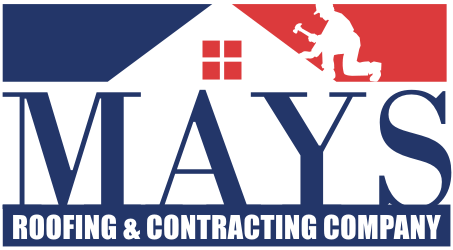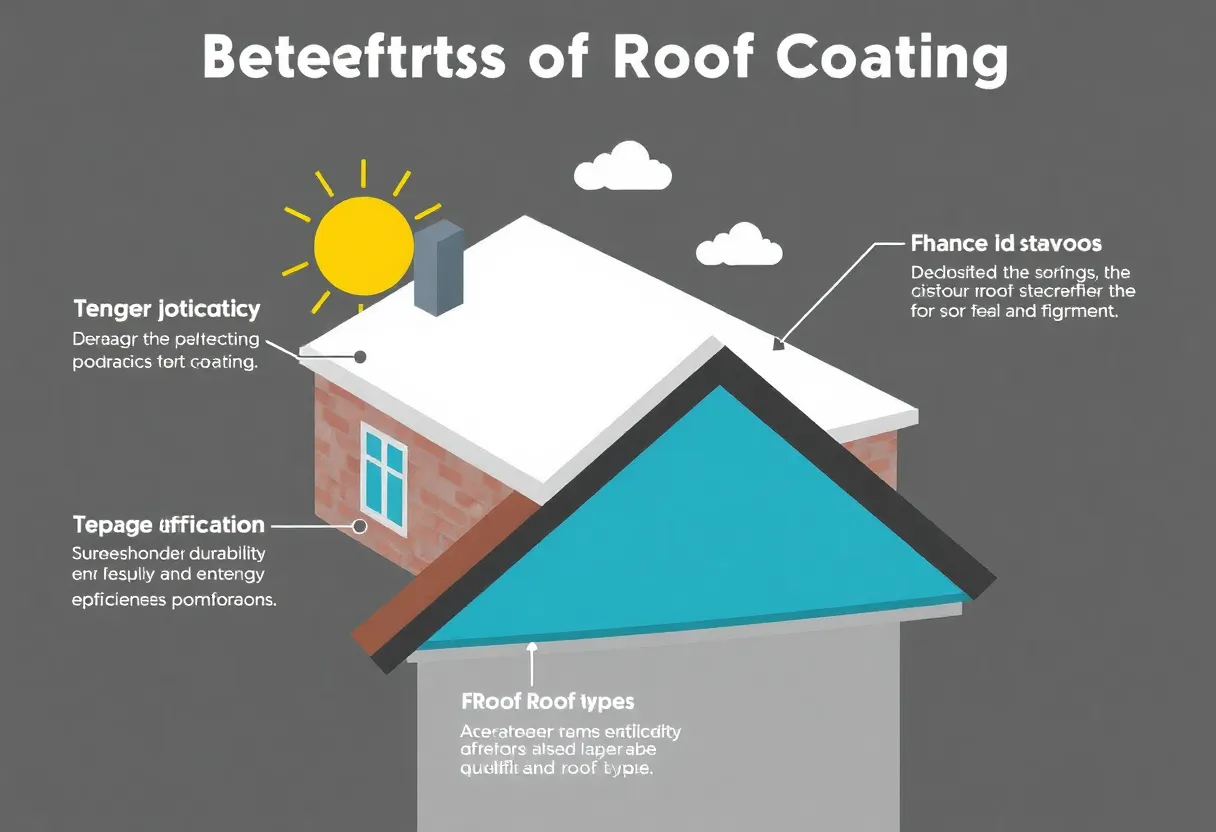What Are the Benefits of Roof Coatings and When Should You Use Them?
Introduction to Roof Coatings
Roof coatings are a cost-effective solution for extending the lifespan of roofing systems. They create a protective layer that enhances durability and functionality. Understanding their benefits and the right circumstances for application is crucial for property owners.
Benefits of Roof Coatings
1. Enhanced Longevity
Applying a roof coating can significantly prolong the life of a roofing system. A well-applied coating can prevent premature aging due to exposure to environmental elements. Many coatings can extend the lifespan of a roof by adding years of protection.
2. Cost-Effectiveness
Roof coatings offer an economical alternative to complete roof replacement. The initial investment in a coating is typically lower than that of a new roof. Additionally, the extended lifespan reduces future maintenance and repair costs, providing long-term savings.
3. Energy Efficiency
Many roof coatings are reflective, which means they can deflect sunlight, reducing indoor temperatures. This reflective quality enhances energy efficiency by lowering air conditioning costs in warm climates. By keeping buildings cooler, energy consumption decreases, which is beneficial for the environment and reduces utility bills.
4. Improved Waterproofing
Roof coatings form a seamless barrier that helps prevent leaks. A properly applied coating can fill minor cracks and seams, enhancing water resistance. This is particularly advantageous in regions with heavy rainfall or snow, as it protects the underlying roofing materials from water damage.
5. UV Protection
UV rays can accelerate the degradation of roofing materials. Roof coatings provide a shield against harmful UV radiation. This protective layer helps maintain the structural integrity of the roof, further contributing to durability.
6. Reduced Maintenance Requirements
Maintaining a roof can be a significant undertaking. Roof coatings require less frequent inspection and upkeep. With their protective properties, these coatings minimize wear and tear, reducing the number of required maintenance visits throughout the roof’s lifecycle.
7. Aesthetic Improvement
Beyond functional benefits, roof coatings can enhance the visual appeal of a building. They come in various colors and finishes, allowing for customization. A fresh coat can revitalize an aging roof, contributing to a property’s overall curb appeal.
Types of Roof Coatings
1. Acrylic Coatings
Acrylic coatings are water-based and known for their superior UV resistance. They are versatile and can be used on many types of roofs. Their reflective properties contribute to energy efficiency, making them an excellent choice for residential and commercial buildings.
2. Silicone Coatings
Silicone coatings provide excellent waterproofing and are highly resistant to ponding water. They are ideal for flat roofs and offer significant durability against weather elements. Their flexibility ensures they can adapt to changes in temperature without cracking.
3. Polyurethane Coatings
Polyurethane coatings are known for their toughness and resistance to abrasion. They are suitable for high-traffic areas and provide a robust solution for roofs subject to heavy mechanical stress. Their superior adhesion ensures longevity in various conditions.
4. Bitumen Coatings
Bitumen coatings are typically used for asphalt roofing systems. They provide excellent waterproofing and UV protection. Their compatibility with various substrates makes them a flexible option for different roofing applications.
When Should You Use Roof Coatings?
1. Routine Maintenance
Applying a roof coating as part of a routine maintenance program can extend the lifespan of the roof. Regular inspections should determine if a coating is needed to address minor wear and tear before it escalates into a more significant issue.
2. After Repairs
If a roof has undergone repairs, applying a coating can seal and protect the mended areas. This helps to ensure the durability of the repairs and minimizes the chances of further damage.
3. Aging Roofs
For roofs showing signs of aging but not yet needing replacement, coatings can provide a new lease on life. Properties that are not financially ready for a full replacement can benefit from the protective qualities of coatings.
4. Environmental Factors
In regions prone to extreme weather, roof coatings serve as a barrier against environmental damage. Properties facing frequent storms, high UV exposure, or heavy snowfall are prime candidates for roof coatings.
5. Energy Efficiency Upgrades
For homeowners focusing on energy efficiency, reflective coatings can contribute vastly. If a property struggles with high energy costs, applying a reflective roof coating may be a practical solution.
6. Before Selling a Property
Applying a roof coating before listing a property can enhance its appeal. A fresh-looking roof can increase marketability and potentially raise property values.
Considerations When Choosing Roof Coatings
1. Existing Roof Condition
Before applying any roof coating, assess the current condition of the roof. Significant damage or structural issues may require repairs or replacement before a coating can be effective.
2. Climate Suitability
Consider local climate factors. Some coatings perform better in specific climates. Researching options that suit your climate can lead to better long-term results.
3. Compatibility with Existing Materials
Ensure that the selected coating is compatible with the existing roofing material. Not all coatings are suitable for all roofing systems, and compatibility is crucial for effective performance.
4. Professional Application
While DIY options may be tempting, professional application often yields better results. Experts can ensure proper adhesion and application, maximizing the effectiveness of the coating.
Conclusion
Roof coatings provide numerous advantages, including enhanced longevity, cost-effectiveness, and improved energy efficiency. Understanding when and how to use them is essential for maintaining a high-quality roofing system. By considering the type of coating best suited for your needs and the condition of your existing roof, you can make an informed decision that will benefit your property now and in the future.





 Mays Contracting
Mays Contracting


